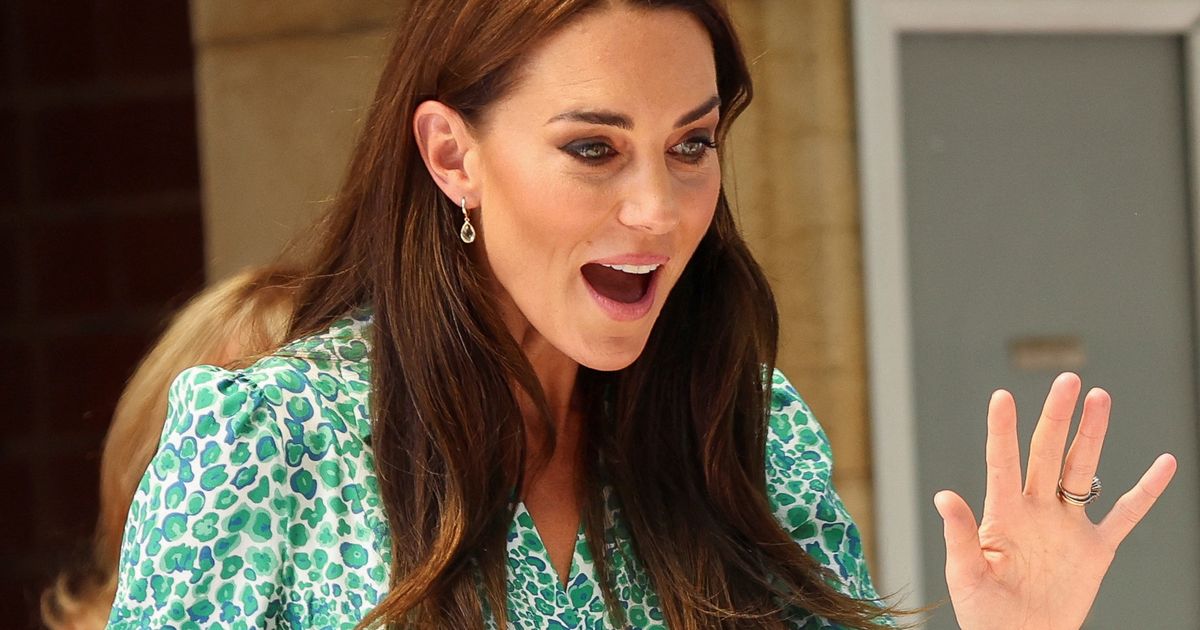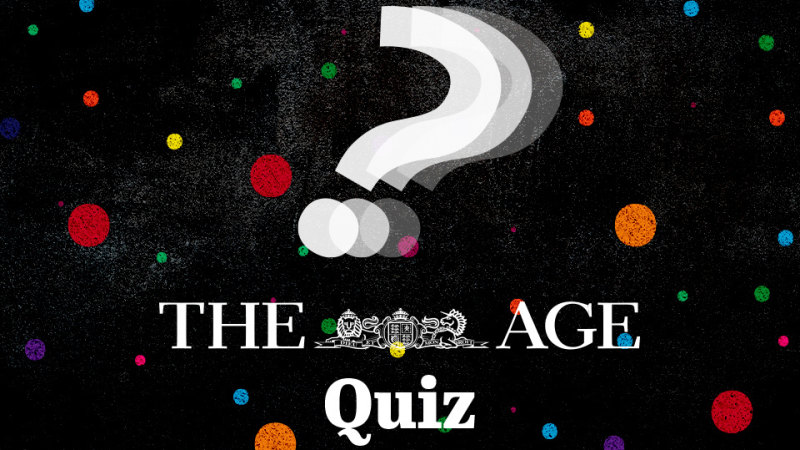Save articles for later
Add articles to your saved list and come back to them any time.
The greatest revelation in the most ferocious argument in federal parliament this week was that Katy Gallagher knew one Thursday what most others discovered the next Monday. The ferocious dispute about an awful debate from February 2021 – when Brittany Higgins went public with her allegation of rape – basically turned on four days before the claim went to air.
Parliament was consumed with a Coalition quest to prove a conspiracy by Gallagher, the finance minister, and her Labor colleagues to use inside knowledge from Higgins and her partner, David Sharaz, in a way that “weaponised” the claims against Scott Morrison and his government.
Illustration by Simon Letch.Credit:
The argument was bitter and personal. There were no winners. By the end of the week, the Coalition decision to settle old scores about an alleged rape in 2019 and a political firestorm in 2021 ended up rebounding on Opposition Leader Peter Dutton with a new sexual assault claim against a Liberal senator in 2023.
There was no political victory here – and certainly no triumph for parliament. Independent MPs wanted to lower the temperature but the argument only escalated to the point where independent senator Lidia Thorpe accused Liberal senator David Van of sexual harassment and assault. He denied this immediately. Thorpe withdrew her remarks and said she would not go to police, but what is said in parliament cannot be unsaid.
New claims now hang over parliament. Dutton, careful to make clear he passed no judgment on the veracity of the allegations, has had to remove a Liberal senator from the Liberal party room. For some Liberals, this is proof of the foolishness of launching an attack this week over past debates about sexual violence. This masthead also does not suggest Thorpe’s allegations are true.
Parliament is now stuck in an argument without end about Higgins’ allegation that Bruce Lehrmann raped her in the office of then-minister Linda Reynolds in March 2019. Yes, Labor sought to maximise pressure on Morrison, Reynolds and others when this burst into the public domain, but the entire matter has gone from allegation to media report, from political storm to trial and mistrial, without settling the disputed facts. The charges, which Lehrmann has always denied, were ultimately dropped.
Gallagher did the right thing by making a statement to the Senate after leaked text messages showed she was told about Higgins and her allegation on February 11, 2021, when she had previously claimed no knowledge before the claims were made public four days later. She said she did not tell others and only communicated with Higgins and Sharaz. She dodged, however, on whether she received a transcript of Higgins’ interview with the Ten Network.
Does this matter? On what has emerged so far, no. There is no leaked text to show weeks of Labor plotting to use the rape allegation. There is no startling revelation. The fervid speculation has failed to produce any proof of conspiracy. And there is nothing to worry Australians about Gallagher’s performance as finance minister.
Reynolds suffered a relentless attack in 2021 over her response to the initial incident, but she and her chief of staff at the time, Fiona Brown, say they did what they could for Higgins and spoke to her about going to the police. Reynolds was responsible for managing her office but this was a difficult situation, to say the least.
An important document from two years ago dismisses the idea that Labor knew of the allegations well in advance. Labor senator Kimberley Kitching, who died in March last year, wrote her account of this in June 2021 and rejected the claim that she had told Reynolds that Labor was ready with the attack two weeks before Higgins went public.
“It is not possible to divulge information to anyone about a matter of which I had no knowledge,” Kitching wrote, in a letter drafted but not sent to her Senate colleagues. “It is not possible to divulge a secret plan which did not actually exist.”
Kitching had good reason for debunking the idea of a secret plan. She had received an anonymous account in 2020 about an incident in Parliament House that had been covered up, but this did not name Higgins and proved to be wrong in parts. Kitching did not know who was involved and had not heard about any complaint by Higgins. The key point is there was no secret plan.
The outrage over Higgins – either the fury on her behalf or the fury at the way her accusations were used for political ends – is the subject that stops everything. Yet this is the issue parliament cannot resolve. There can be no vote on the floor of the chamber that settles the argument over what happened.
There were valid reasons this week for the Coalition to ask questions about the past – because Gallagher needed to explain what she knew in February 2021 – but nobody needed four days of bloodsport. All this did was reopen old wounds, unleash more bitterness and inflict more personal damage without shedding much new light on the past. For all the questions, the Coalition ended the week without a significant revelation.
At its best, politics is about what Bob Hawke called the resolution of conflict. It is often called a game but is not really a game. It is about winning, yes, but mainly because it is about building the argument for a cause that ultimately triumphs or fails on the numbers.
But there was no resolution this week. There could not be. Parliament can resolve many things but it cannot resolve an allegation of rape or a claim of sexual assault. So why on earth do politicians want to extend this agonising debate, heated to boiling point, to torture themselves and the public? All we saw this week was a parliament that knows how to inflict pain, not mend it.
David Crowe is chief political correspondent.
Cut through the noise of federal politics with news, views and expert analysis from Jacqueline Maley. Subscribers can sign up to our weekly Inside Politics newsletter here.
Most Viewed in Politics
From our partners
Source: Read Full Article



